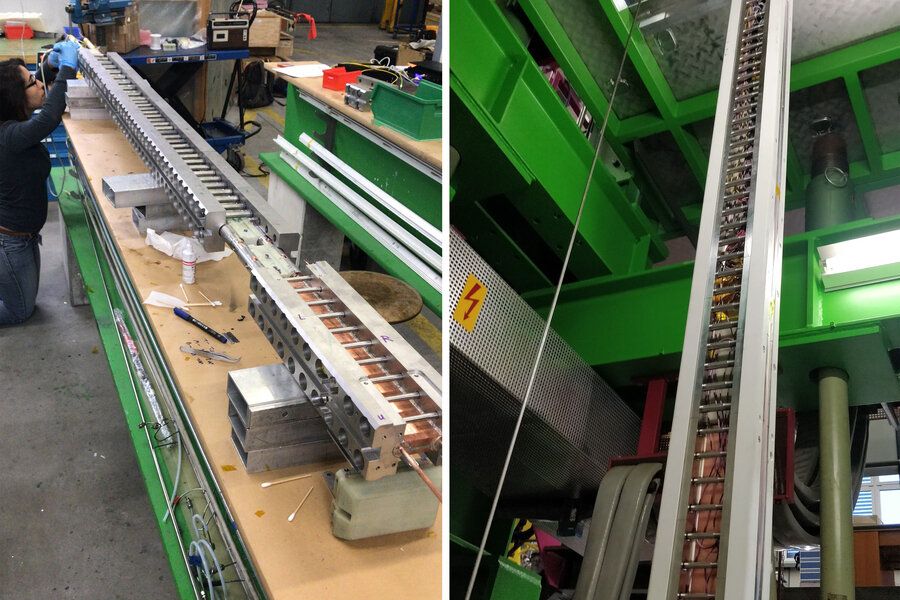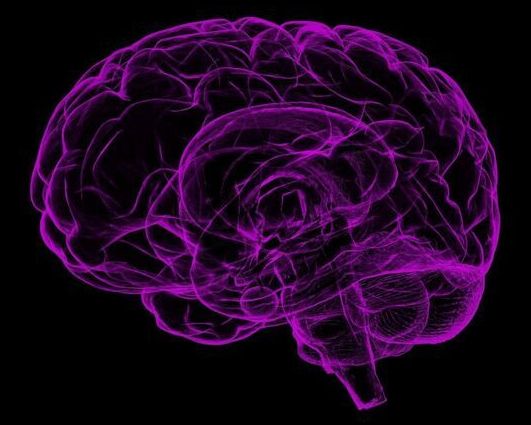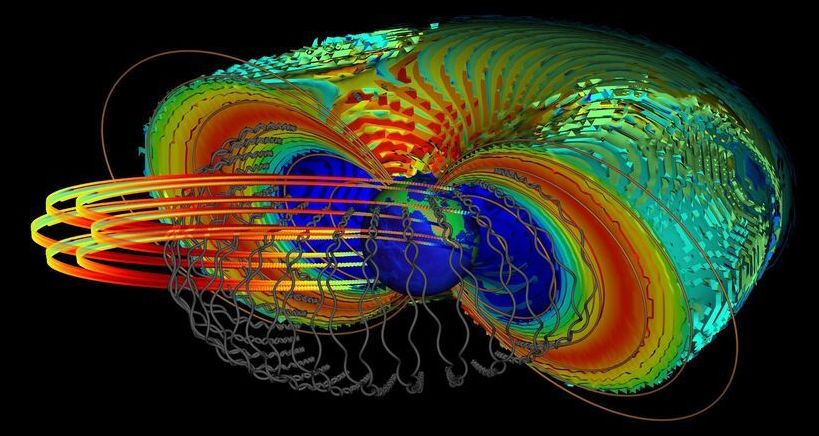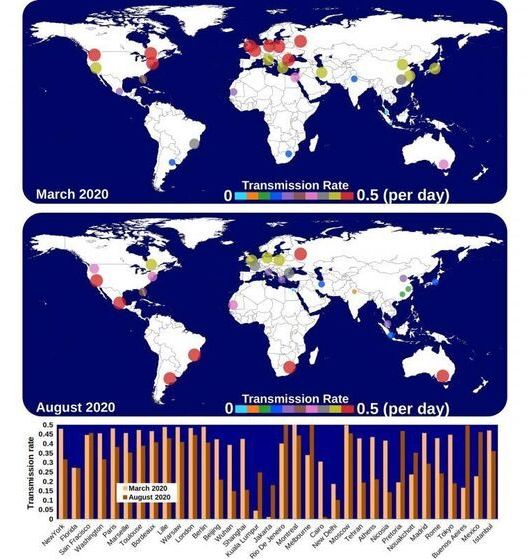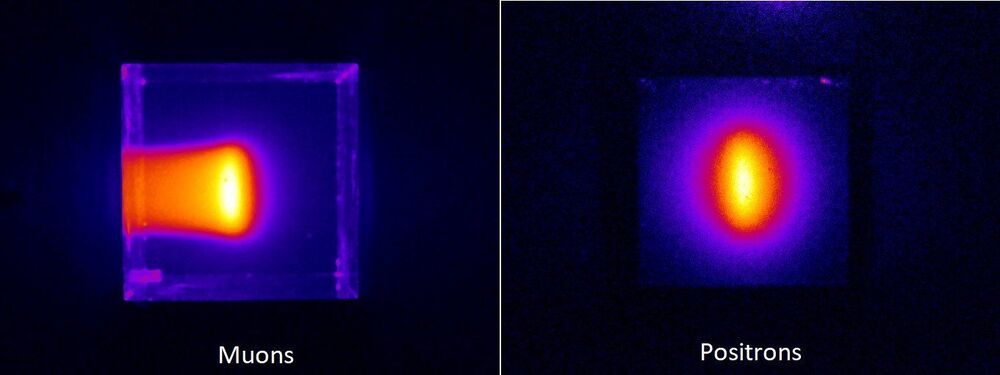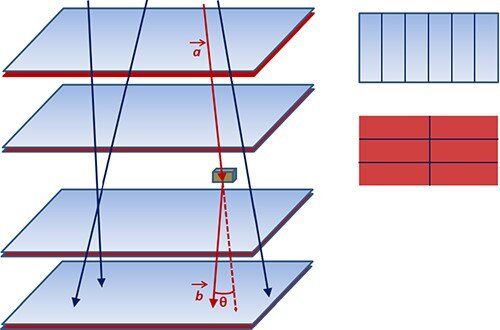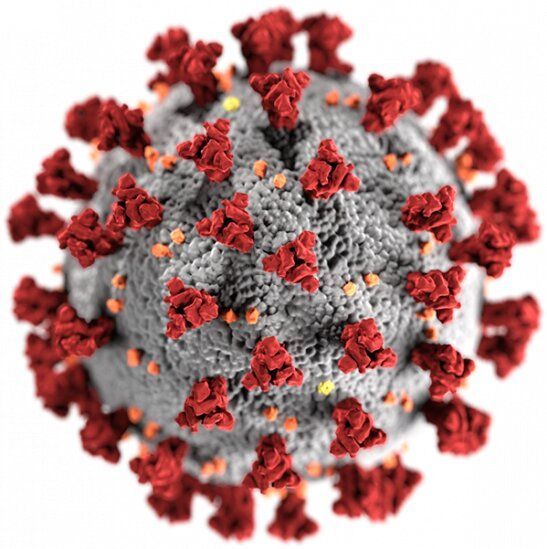The many different sensations our bodies experience are accompanied by deeply complex exchanges of information within the brain, and the feeling of pain is no exception. So far, research has shown how pain intensity can be directly related to specific patterns of oscillation in brain activity, which are altered by the activation and deactivation of the ‘interneurons’ connecting different regions of the brain. However, it remains unclear how the process is affected by ‘inhibitory’ interneurons, which prevent chemical messages from passing between these regions. Through new research published in EPJ B, researchers led by Fernando Montani at Instituto de Física La Plata, Argentina, show that inhibitory interneurons make up 20% of the circuitry in the brain required for pain processing.

